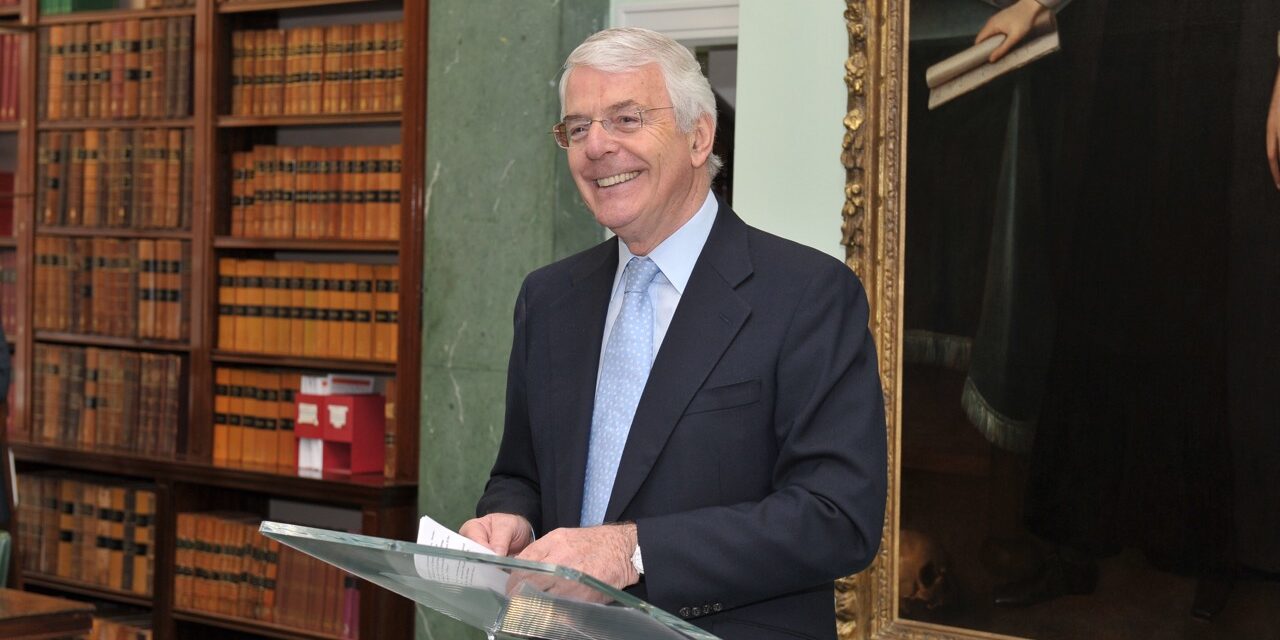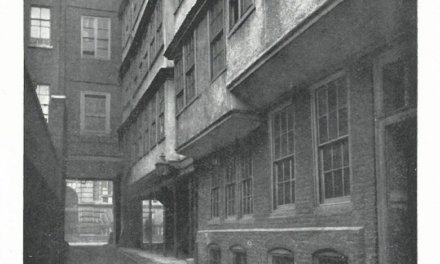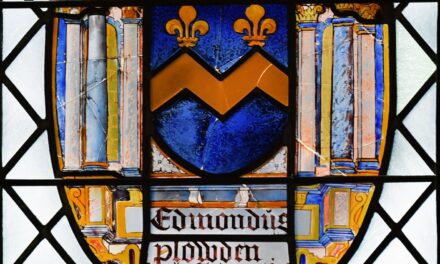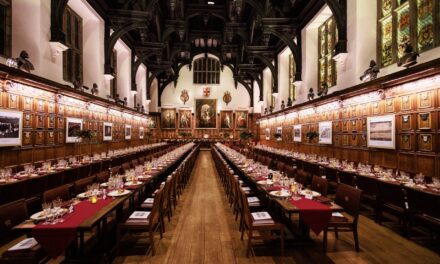Following this year’s General Election, we saw an Ordinary Bencher of Middle Temple become Prime Minister for the first time. Master Starmer was admitted in 1986 and Called to the Bar the following year.
He is not, however, the first Middle Templar to enter Number 10 – though there has been a gap of nearly 300 years. A number of UK Prime Ministers have been made Honorary Benchers over the years, and several Middle Templars have gone on to serve as Prime Minster in countries around the world. In this article we will look back at some of these individuals.
Spencer Compton
The first member of the Middle Temple to serve as Prime Minister was Spencer Compton, who succeeded Robert Walpole (traditionally held to be the first Prime Minister) in 1742. Born in 1673, he was admitted to the Inn as a student in 1687, but never Called to the Bar. He served as an MP from 1698, and soon became a prominent Whig and associate of Walpole. He served as Speaker of the House of Commons from 1715 to 1727, and was succeeded by fellow Middle Templar Arthur Onslow, who went on to be the longest serving speaker in British political history.
Compton was created Baron Wilmington in 1728 – an elevation to the peerage primarily devised by Walpole to remove him from the House of Commons – and Earl of Wilmington in 1730. He was appointed Lord President of the Council, and after 12 years in this office he succeeded Walpole as Prime Minister. Compton’s premiership was dominated by the War of the Austrian Succession and other foreign policy concerns, and he achieved little domestically before dying after just a year and a half in office. Several cities, towns and neighbourhoods in the United States are named Wilmington in his honour, from Los Angeles to Vermont. He was also involved in the establishment of the Foundling Hospital, an institution set up for the support of abandoned children in 1739 and active until 1951.
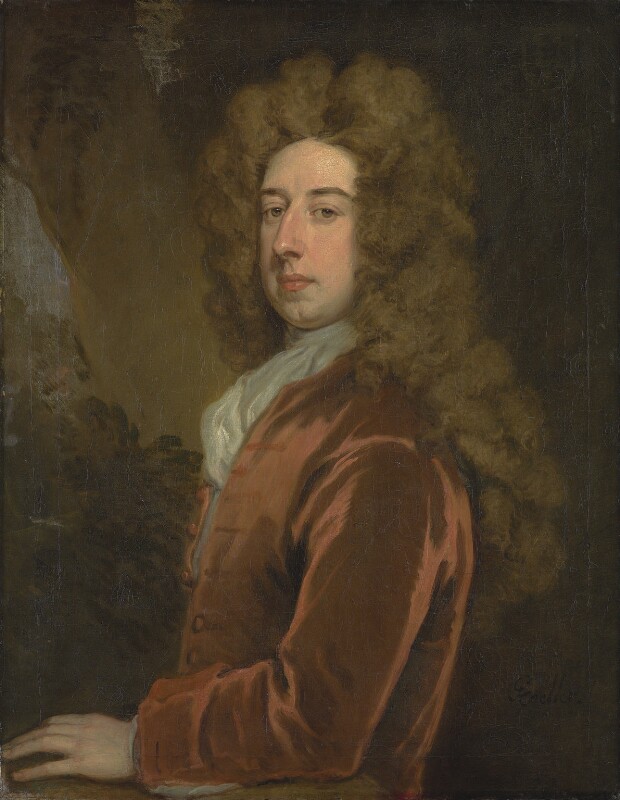
Honorary Bencher PMs
While Compton was, until 2024, the only member of the Inn to have been admitted in the ordinary way to have served as Prime Minister, several past, current or future Prime Ministers have been Called as Honorary Benchers of the Inn.
In 1952, Anthony Eden was Foreign Secretary and de facto Deputy Prime Minister to Winston Churchill, having served in this and other political offices since the early 1930s. Born into the landed gentry in 1897 and awarded the Military Cross in the First World War, he studied Oriental Languages at Oxford and was elected a Conservative MP in 1923. He was Called to the Bench in May 1952 at a time when the Inn was still rebuilding after the devastation of the Second World War, and just months after the death of King George VI and accession of Queen Elizabeth II to the throne. Three years later, following the resignation of Winston Churchill, he took over as Prime Minister, but his initially popular premiership was scuppered by the Suez Crisis, which forced his resignation and retirement in 1957.
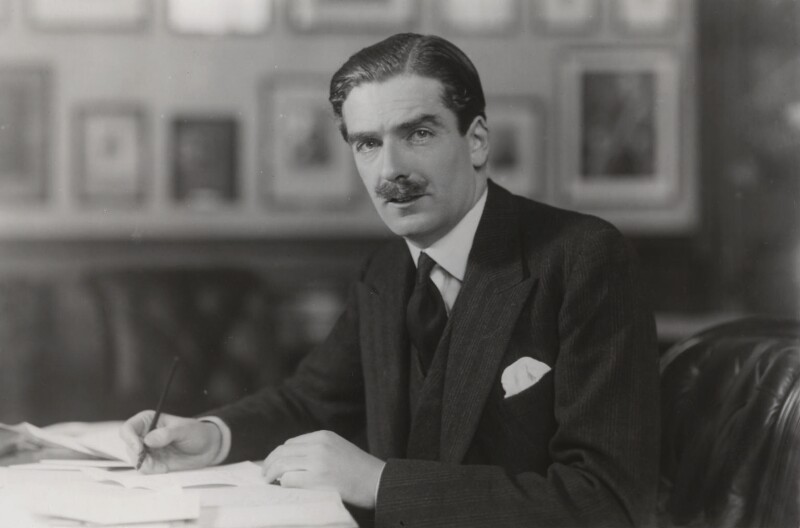
Eden’s successor as Prime Minister was Harold Macmillan, also a veteran of the Battle of the Somme. The year after he moved into Number 10, he was made an Honorary Bencher. Lord Reading, the Treasurer of the Day, remarked, with some irony, that Macmillan found himself in unfamiliar company, surrounded ‘almost exclusively by those who have grown very old, very rich and very pompous in the service of the Law. But let me set your fears at rest. I can assure you that at our Bench you will be neither patronised nor ostracised on account of your youth and obscurity.’ He continued that it had long been the practice of the Bench to give encouragement to a young man such as he, poised on the threshold of his career, ‘to share our corporate life in the belief that close contact with superior minds may serve to sublimate his virtues and subjugate his vices.’
It would be many years before another Prime Minister was similarly honoured. In 1993, Master John Major was Called to the Bench. He had served as Prime Minister since the fall of Margaret Thatcher in 1990 and had led his party to a fourth consecutive victory at the 1992 General Election. In the years since his Call to the Bench, Master Major has visited the Inn on a number of occasions. As guest speaker at the Annual Dinner in 2007 he delivered an address on ‘Changing Economies and their Future Ramifications’, and in 2013 he formally opened the display of images of British Prime Ministers, from Walpole to Cameron, in the Middle Temple Library – a collection which continues to grow.
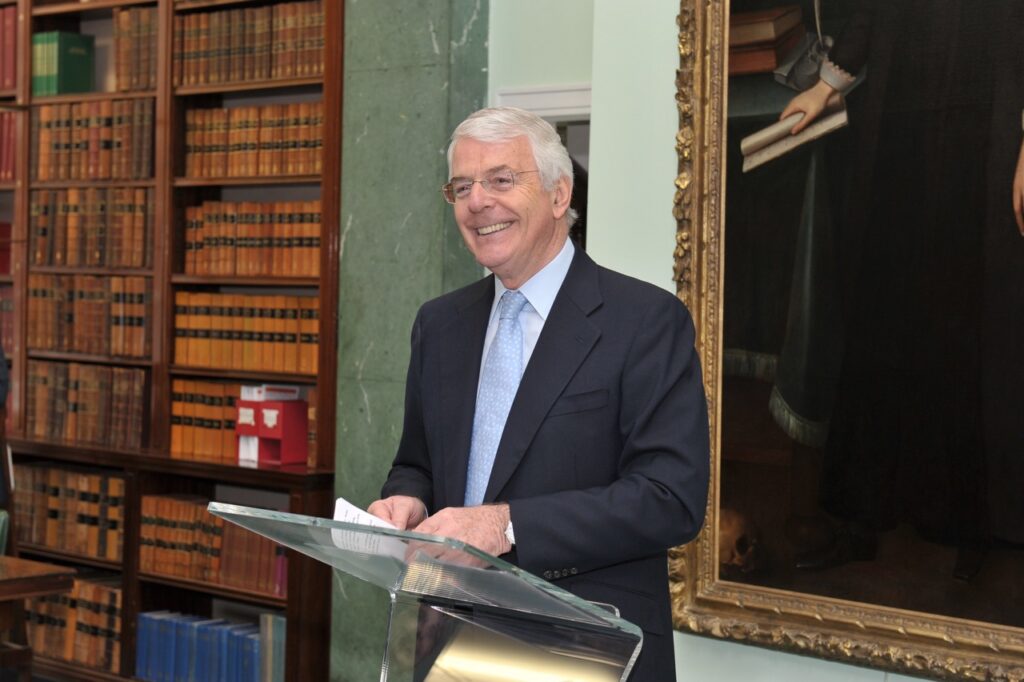
Two more recent Prime Ministers were also made Honorary Benchers, both before they entered Downing Street. David Cameron, who had been Leader of the Conservative Party since 2005, was Called to the Bench in 2007, and Boris Johnson joined the Bench in 2011, while serving as Mayor of London.
Overseas PMs
Many individuals educated at the Middle Temple have gone on to become Prime Ministers elsewhere in the world. One such figure was Lee Kuan Yew, born in colonial Singapore in 1963. After education at the London School of Economics and Cambridge, he was Called to the Bar in 1950 and returned to Singapore. Here, he founded the People’s Action Party in 1954, becoming Singapore’s first Prime Minister in 1959. He continued in this position through a 1963 union with Malaysia and then full independence for his nation in 1965, serving until 1990. He maintained warm links with the Middle Temple, conveying a message in 1970 at a celebratory dinner in Hong Kong to commemorate the quatercentenary of Middle Temple Hall.
Sir Lynden Pindling, born in Nassau in 1930, is regarded in the Bahamas as ‘the Father of the Nation’. He studied law at King’s College, University of London from 1948 to 1952 and was admitted to the Inn in 1948, being Called to the Bar in 1953. At the end of 1953, Pindling joined the newly formed Progressive Liberal Party (PLP) as its legal advisor and was elected Parliamentary Leader of the party in 1956. On a day in 1965 known in Bahamian history as ‘Black Tuesday’, he delivered a dramatic speech in the House Assembly and ended it by throwing the Speaker’s Mace into the street.
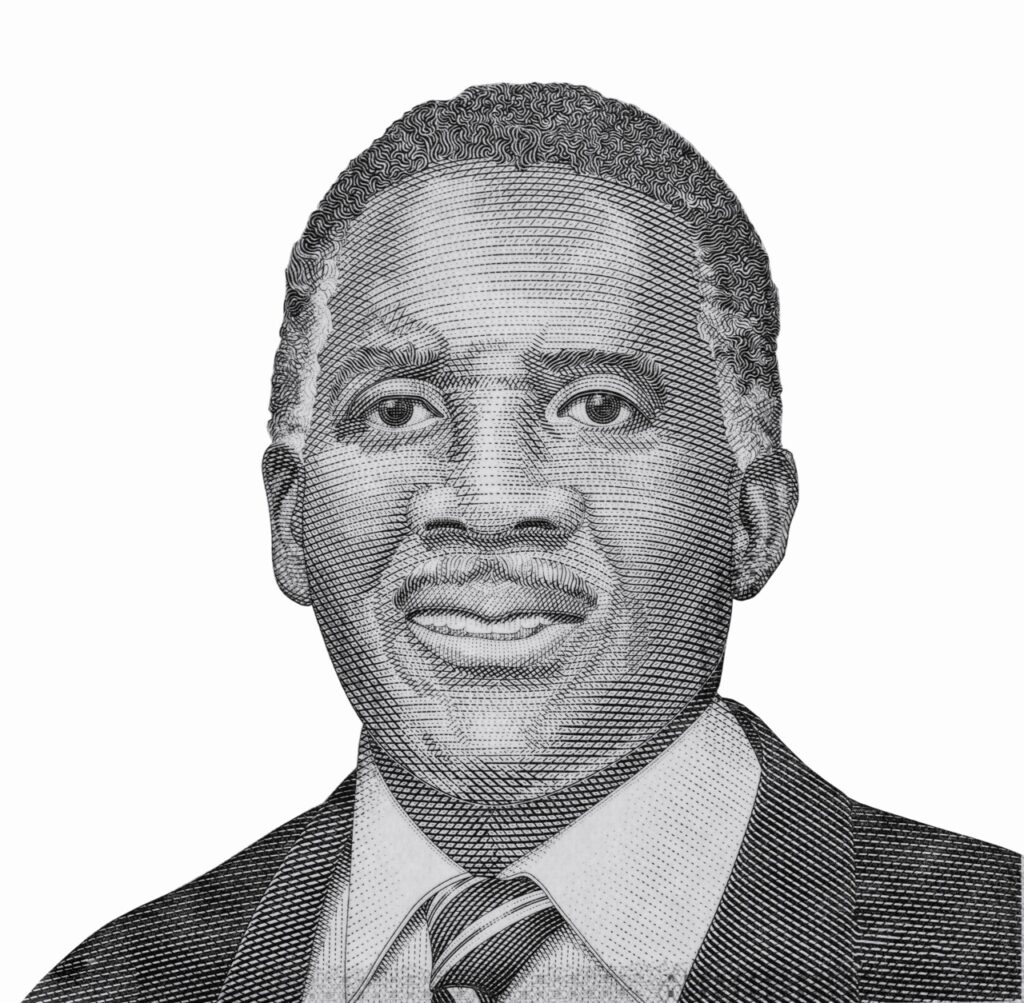
He was elected Prime Minister in 1967 and formed the first black government in Bahamian history. Pindling led the Bahamas to independence from Great Britain on 10 July 1973. His government introduced social security measures such as a National Insurance Scheme, formed the College of The Bahamas, the Royal Bahamas Defence Force and other organisations. The PLP was defeated in the 1992 election and Pindling retired from politics soon thereafter.
Other Middle Temple Prime Ministers around the world have included Dudley Senanayake, who served as Prime Minister of Ceylon (now Sri Lanka) in the 1950s and 1960s, and Benazir Bhutto, admitted as a student member of the Inn in 1974, who as Prime Minister of Pakistan was the first woman to head a democratic government in a Muslim majority nation.
At the time of writing, in addition to Master Starmer, at least one other Middle Templar is leading a government – Master Mia Mottley, Called in 1987 and Benched in 2019. She became an MP in Barbados in 1994, Attorney-General in 2001 and, since 2018, has served as Prime Minister – the first woman in Barbadian history to hold this office.
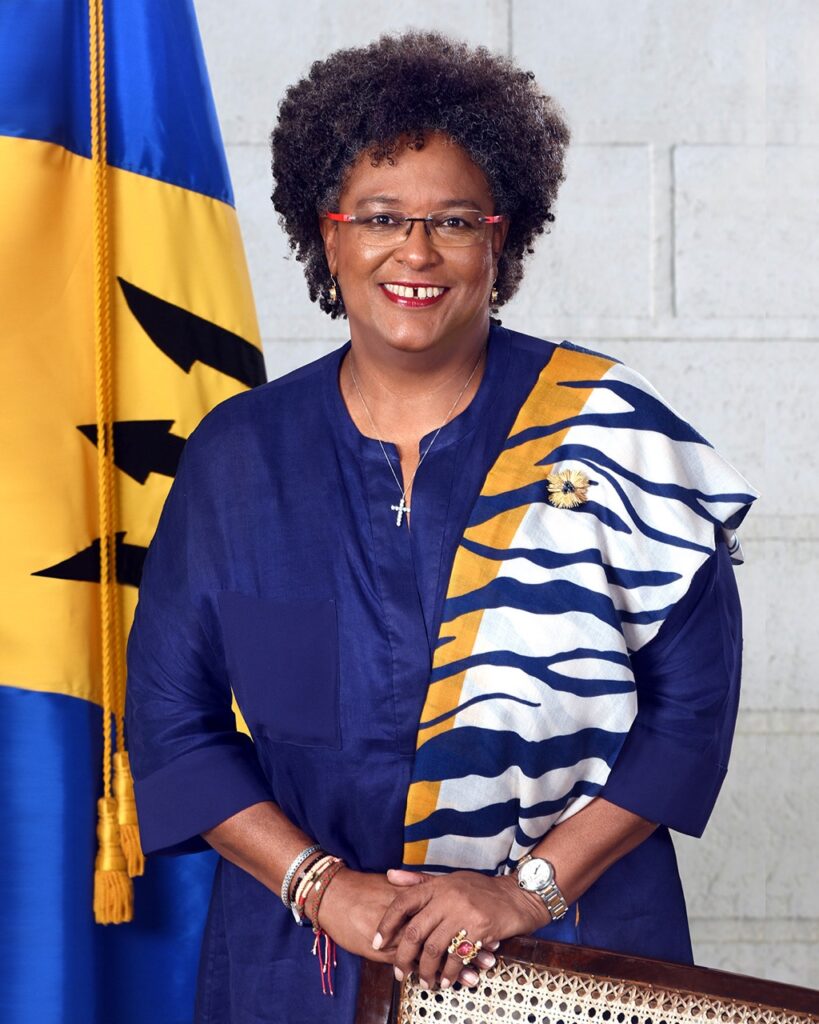
Image Credits:
Spencer Compton: Spencer Compton, Earl of Wilmington by Sir Godfrey Kneller, Bt. Oil on canvas, circa 1710. 36 in. x 28 in. (914 mm x 711 mm) Given by the Art Fund, 1945. Primary Collection. NPG 3234 © National Portrait Gallery, London. This image has been cropped and is licenced under a Creative Commons Attribution-NonCommercial-NonDerivs 3.0 Unported Licence. https://creativecommons.org/licenses/by-nc-nd/3.0/legalcode
Anthony Eden: Anthony Eden, 1st Earl of Avon by Bassano Ltd. Bromide print, 17 November 1931. NPG x84149 © National Portrait Gallery, London. This image has been cropped and is licenced under a Creative Commons Attribution-NonCommercial-NonDerivs 3.0 Unported Licence. https://creativecommons.org/licenses/by-nc-nd/3.0/legalcode
Sir Lynden Pindling: © Shutterstock.com
Mia Mottley: https://pmo.gov.bb/2018/10/24/about-the-prime-minister
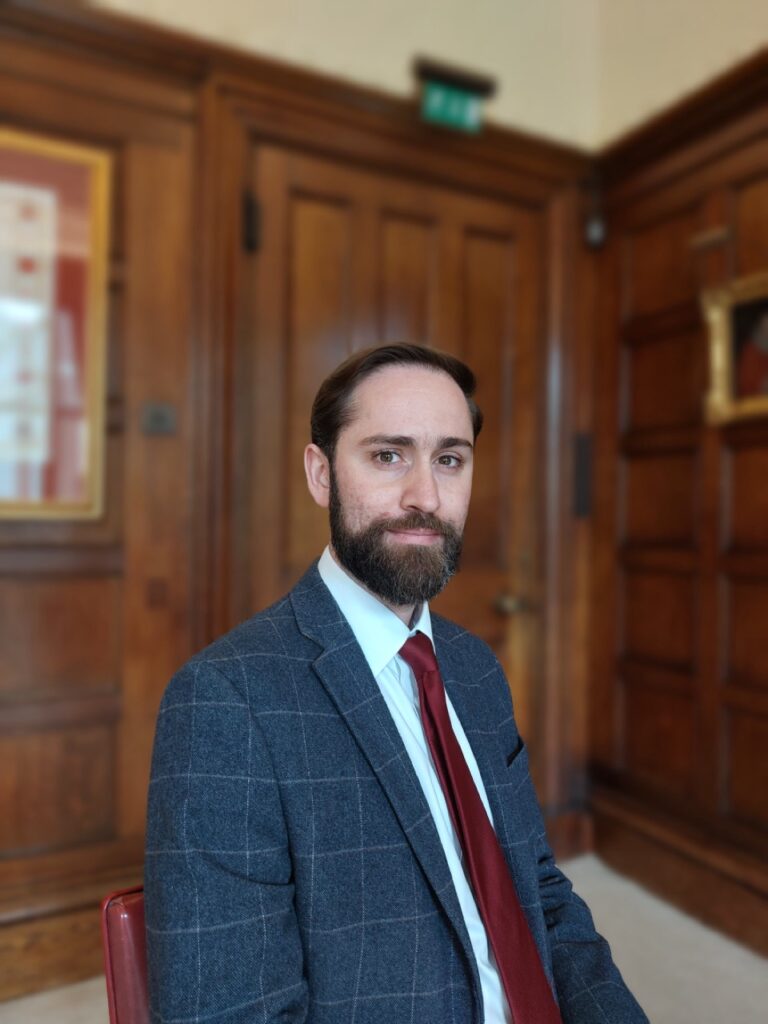
Barnaby Bryan has been with the Inn since 2015. As Archivist & Head of Collections, he is responsible for the management, care and development of the Inn’s extraordinary Archive, and also oversees several of our other historic collections, including paintings, silver, armour and heraldic material. Prior to joining the department, he undertook archival work at various institutions, including King’s College, Cambridge, and Unilever’s corporate archive in Port Sunlight.

